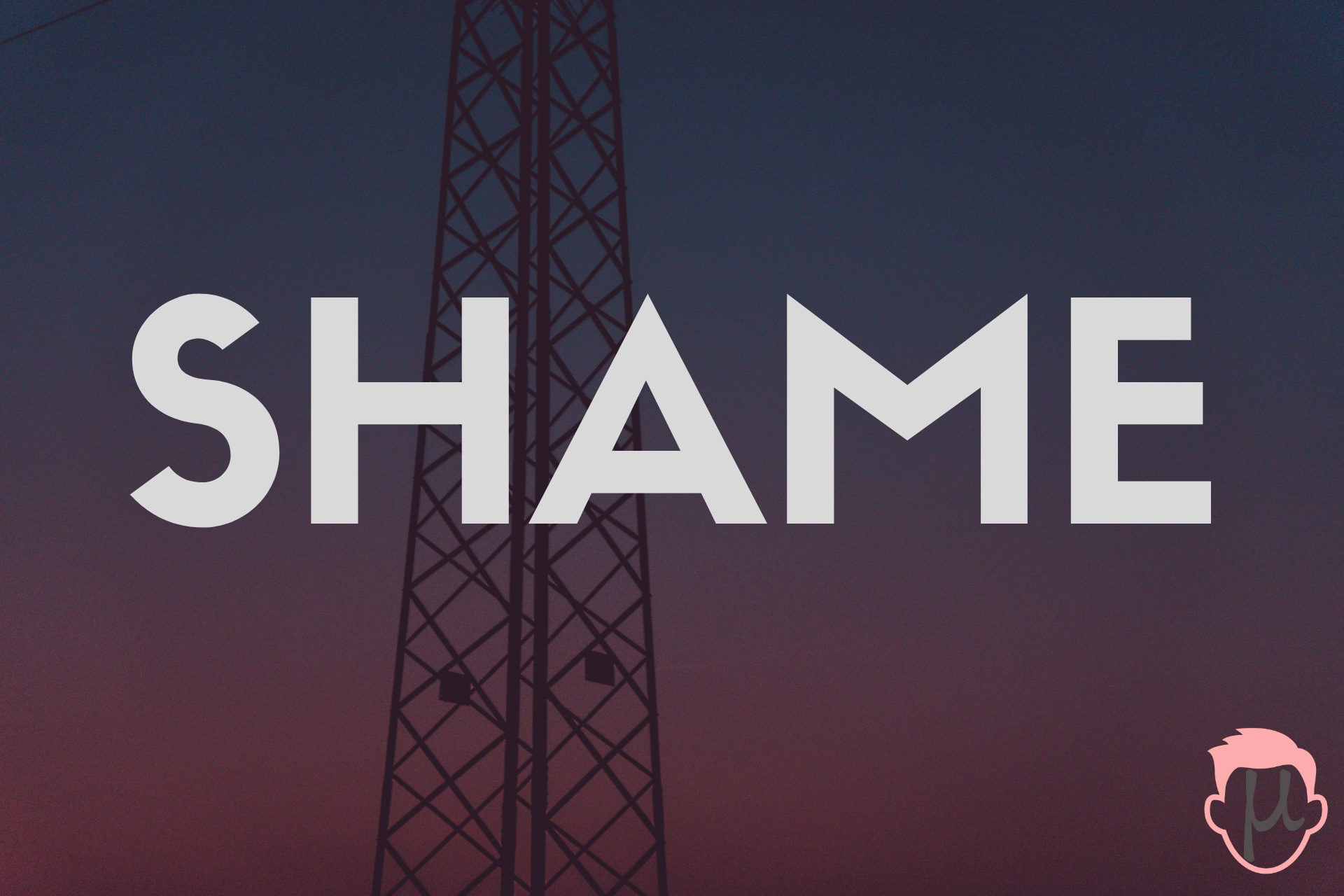I have noticed people’s conversations with me can be somewhat polarized. Not generally referencing me, more in regards to talking about the things I like and endorse. For instance, I am an Apple user. I appreciate the Apple ecosystem. I like the iPhone, iPad, Apple TV, iMac, Macbook Air, Macbook Pro, Retina Macbook Pro, and I’m sure one day, I’ll even have an WATCH.
Not everyone likes Apple, their hardware, their software, their philosophies, or their mode of operation.
It is good for everyone to not love Apple.
They are not the product for everyone.
Oddly enough, I might be able to argue, this country was founded by some people who didn’t exactly want to have one mode of operation for all people. I wouldn’t carry that analogy out too far, but it does begin the discussion of my greater point, we all march to the beat of our own drum.
This is so good. It is good for me to march to the beat of my own drum and you to march to the beat of your drum.
I bring up the Apple versus Microsoft, or the Apple versus Android, or the Apple versus Rolex conversation because it is a great analogy for the greater conversation. The conversation revolving around the people I don’t disagree with. When someone brings up their opinions on Apple, I quietly nod my head, make noncommittal remarks, and generally try to steer the conversation away from technology. I don’t like talking with people who want to talk in terms of extremes.
I especially I don’t like having to listen to people who are going to build straw man after straw man and angrily set them on fire.
These are the conversations and exercises in listening where I am most pained. I want to create conversations where we can disagree with one another and there is not baseless name calling or wide sweeping assumptions based on limited knowledge or zero experience.
Perhaps, you cannot relate to the example I am using. Apple is too tertiary for you. You do not resonate with technology. How about the Ford versus Chevrolet debate or the Republican versus Democrat debate. Maybe the conversation is better suited for you to discuss religion in these extremes, perhaps atheist versus christian is the conversation you know better.
In any of these conversations, I do not ask anyone to ever change what they think about the other side of the coin. I am more interested in how you talk about the other side of the coin. Do you talk about the other side of the coin as if they are intelligent people, products, or options? Or do you talk about them as if they are less valuable than day old popcorn on the floor of your town’s
How do you talk about the people who march to the beat of a different drum than you do?
